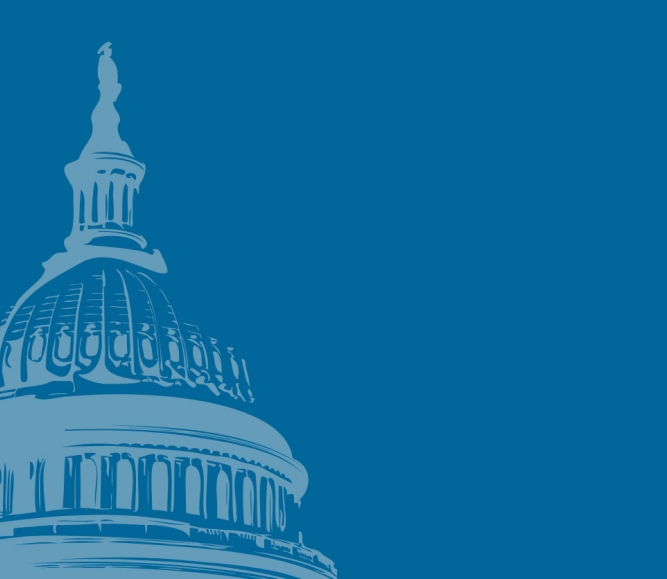Author

Blaire Bryant
Upcoming Events
Related News

Key Takeaways
On June 23, the Centers for Disease Control and Prevention (CDC) announced Strengthening U.S. Public Health Infrastructure, Workforce, and Data Systems, a new, flexible funding opportunity that will provide nearly $4 billion over five years to improve critical public health infrastructure to health departments across the country. Of the total $4 billion, $3 billion will be made available to support public health workforce hiring, retention and professional development. Other components include $700 million for strengthening public health infrastructure and foundational capabilities and $200 million for data modernization.
The funding includes important recognition and inclusion of local health departments (LHD), 70 percent of which are county owned. Of the $3 billion made available for workforce, states are required to give 40 percent to the LHD level. County health departments that serve over 2 million people will be able to apply for funding directly for both workforce and infrastructure. If your county is eligible to apply for direct funding, please apply here. For counties that cannot apply directly, it is important to work with your state association of counties and state health department to ensure your input is included in the grant application process.
Counties support the majority of America’s approximately 2,800 local health departments as over 70 percent of all local health departments are county based and another eight percent serve multiple counties. Despite losing 20 percent of their workforce capacity over the last decade, local public health programs are essential for preventing chronic diseases while also protecting the nation from current and emerging public health threats. Dedicated, flexible federal investments assist counties in responding to illness outbreaks like the current COVID-19 pandemic, while also maintaining core operations that keep residents healthy and safe.
To view more CDC information and resources on this funding opportunity, click here.
ADDITIONAL RESOURCES
- NACo Policy Brief: Protect Funding for Core Local Public Health Services and Prevention Programs
- NACo Blog: NACCHO releases report highlighting impact of COVID-19 response on local public health departments
- NACo Report: Counties and the American Rescue Plan Act Recovery Fund: Public Health Infrastructure
Resource
Protect Funding for Core Local Public Health Services and Prevention Programs

Related News

New funding boosts Indiana county health departments
An infusion of state funding has helped counties support local nonprofits on their way to improving local health outcomes.

U.S. Department of Health and Human Services announces major restructuring
On March 27, the U.S. Department of Health and Human Services (HHS) announced a sweeping reorganization that will consolidate agencies, shift key programs under a new framework and eliminate thousands of positions. This change brings HHS in line with President Trump's Executive Order, “Implementing the President’s ‘Department of Government Efficiency’ Workforce Optimization Initiative.”

U.S. Department of Health and Human Services moves to reduce public comment in rulemaking
On February 28, the U.S. Department of Health and Human Services (HHS) announced a policy change limiting public comment opportunities to only those required by law. Published in the Federal Register on March 3, the decision rescinds the “Richardson Waiver,” a 1971 directive from then-HHS Secretary Elliot Richardson that encouraged broader public input on regulations related to public benefits, grants and healthcare policies.